Robert Dorfman
Flexible visual prompts for in-context learning in computer vision
Dec 11, 2023
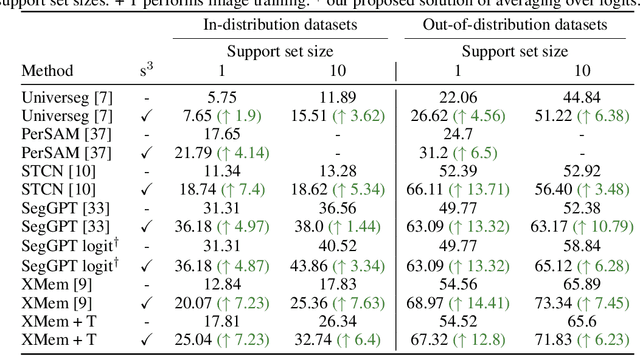


Abstract:In this work, we address in-context learning (ICL) for the task of image segmentation, introducing a novel approach that adapts a modern Video Object Segmentation (VOS) technique for visual in-context learning. This adaptation is inspired by the VOS method's ability to efficiently and flexibly learn objects from a few examples. Through evaluations across a range of support set sizes and on diverse segmentation datasets, our method consistently surpasses existing techniques. Notably, it excels with data containing classes not encountered during training. Additionally, we propose a technique for support set selection, which involves choosing the most relevant images to include in this set. By employing support set selection, the performance increases for all tested methods without the need for additional training or prompt tuning. The code can be found at https://github.com/v7labs/XMem_ICL/.
Bias-Aware Minimisation: Understanding and Mitigating Estimator Bias in Private SGD
Aug 23, 2023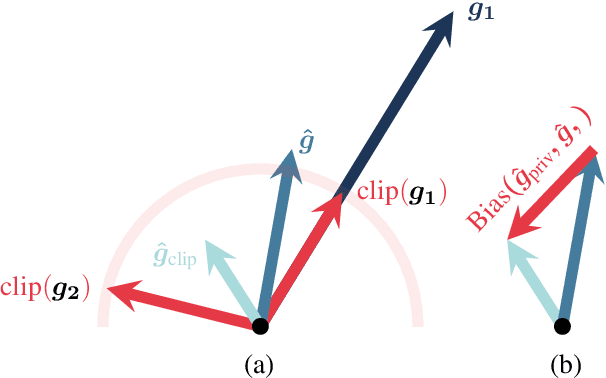
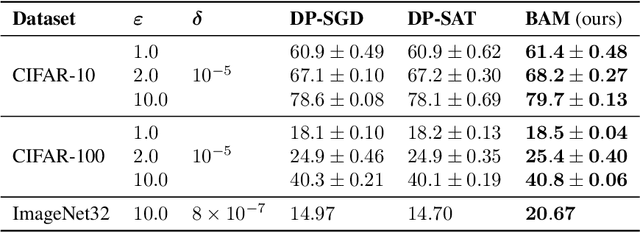
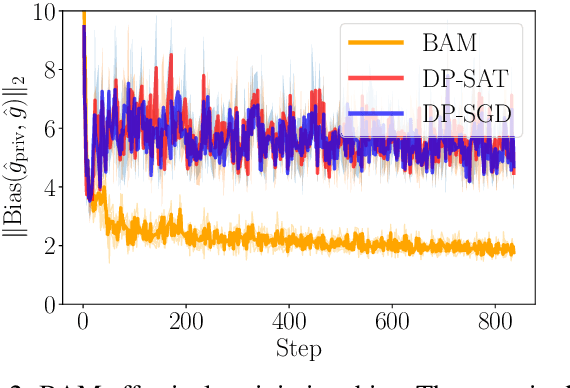
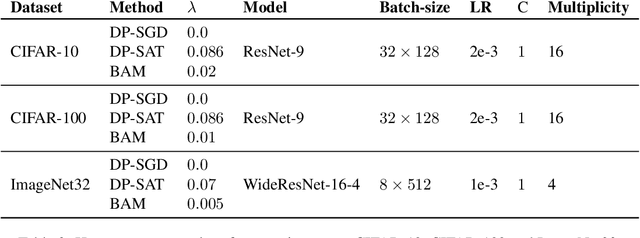
Abstract:Differentially private SGD (DP-SGD) holds the promise of enabling the safe and responsible application of machine learning to sensitive datasets. However, DP-SGD only provides a biased, noisy estimate of a mini-batch gradient. This renders optimisation steps less effective and limits model utility as a result. With this work, we show a connection between per-sample gradient norms and the estimation bias of the private gradient oracle used in DP-SGD. Here, we propose Bias-Aware Minimisation (BAM) that allows for the provable reduction of private gradient estimator bias. We show how to efficiently compute quantities needed for BAM to scale to large neural networks and highlight similarities to closely related methods such as Sharpness-Aware Minimisation. Finally, we provide empirical evidence that BAM not only reduces bias but also substantially improves privacy-utility trade-offs on the CIFAR-10, CIFAR-100, and ImageNet-32 datasets.
 Add to Chrome
Add to Chrome Add to Firefox
Add to Firefox Add to Edge
Add to Edge